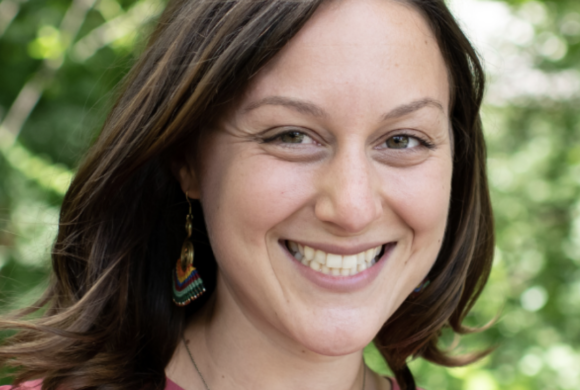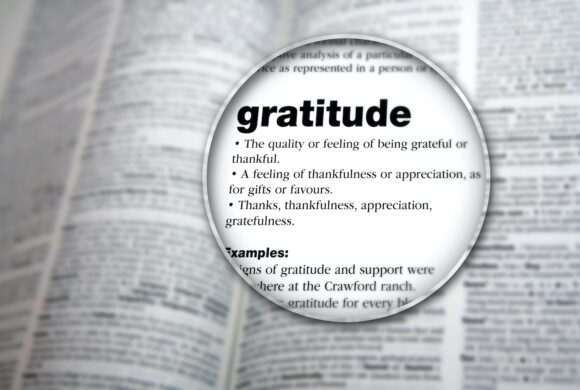October 18, 2023November 8, 2023
Jamie Tolmatsky

Jamie Tolmatsky (they/she) is a Licensed Clinical Psychologist who completed their doctorate at Adler University in 2019. Jamie is a white, queer, neurodivergent, second-generation American living in a multiply-privileged, chronically ill body.
Jamie enjoys practicing therapy with creatives of all kinds and supporting the LGBTQIA+ community in identity development through relational exploration, attachment- and body-focused work . Their therapeutic approach is rooted in an anti-racist, feminist and multicultural perspective, prizing clients’ lived experiences, intersecting identities, and worldview as the framework from which therapy begins.
When working with Jamie in individual therapy, clients can expect to engage in a collaborative, authentic relational process with opportunities for experiential mind-body practice. Jamie’s primary practice areas include relational issues, identity development, attachment, and exploration of family of origin issues. She is passionate about supporting clients who are exploring their queerness, neurodivergence, relationship with their body, and/or their experience in mixed-orientation romantic or sexual relationships.
Education and Credentials
- PsyD from Adler University
- MA in Clinical Psychology from Adler University
- BA in Psychology from University of Wisconsin-Madison
- Licensed Clinical Psychologist
What specific modalities do you practice and are you certified?
I practice a holistic approach to therapy, rooted in relational-feminist theory, and incorporate mindfulness, existential and psychodynamic principles. When clients are looking for applied tools in order to navigate life transitions, we engage in values exploration based in Acceptance and Commitment Therapy (ACT) in order to promote flexibility and meaningful living. Beyond the theoretical underpinnings of my work, I love to laugh with clients and embrace the whole human that I share space with. I have a life-long commitment to growing increasingly trauma-informed and maintaining an honest, curious and culturally humble practice. My work is a queer-affirming, fat-positive space to explore racism, healthism, ableism, and other forms of oppression.
Favorite podcasts, books or blogs
- Most everything by Jonathan Safran Foer, especially Eating Animals and Extremely Loud and Incredibly Close
- I love queer rom-com reads like The Charm Offensive by Alison Cochrun and Delilah Green Doesn’t Care by Ashley Herring Blake
- White Oleander by Janet Fitch
- Cosmic Rx Radio podcast with Madi Murphy
- Truth be told, I watch a fair amount of reality tv – don’t hesitate to ask me more
What do you like to do when you are not working? What do you do for fun?
I enjoy spending as much time as possible outside, typically hiking, at the lakefront, or dining out on patios with my dog! Year round, exploring local art is such a source of joy, from street fairs and galleries to restaurants, theatre and live music.
What are you excited about? What is your passion?
Personally and professionally, Tricia Hersey’s Rest Is Resistance framework is incredibly empowering as it liberates bodies and spirits beyond capitalism and white supremacy. I relish the opportunity to explore the impacts of “grind culture” on our individual and collective psyche and supporting clients in accessing rest and pleasure.
As a client and clinician, I also benefit from and continue to deepen my somatic practice. I am energized by and excited about integration with cross-cultural modalities including acupuncture, vibrational therapy and other lineages of energy healing.
What do you like about being a therapist?
SO much! I cherish the therapeutic relationship – it is unlike any other dynamic and feels so sacred to me. It means so much to be with clients during their joys and hardships while witnessing their growth. I so deeply appreciate the trust that is formed over the course of therapy and the opportunity to work alongside another human as they delve into their unconscious – whether that be dream content, the mind-body connection or integration of psychedelic experiences. I am humbled by the opportunity to share this vulnerable space as we learn from one another.
What’s your “go to” creative or restorative outlet?
I love to spend time near the lake, camping, or at a local Sofar Sounds show. I find release and restoration in my spiritual practice by integrating tarot, astrology and other energy- and nature-based rituals.












